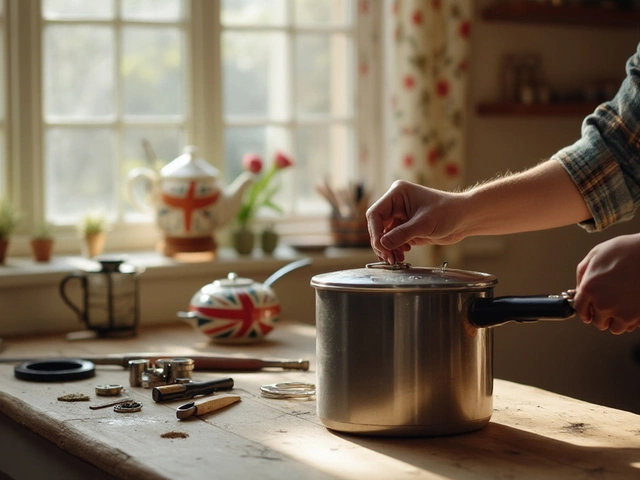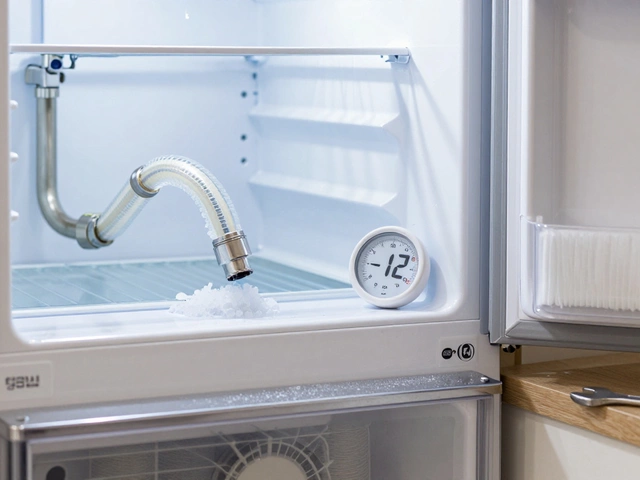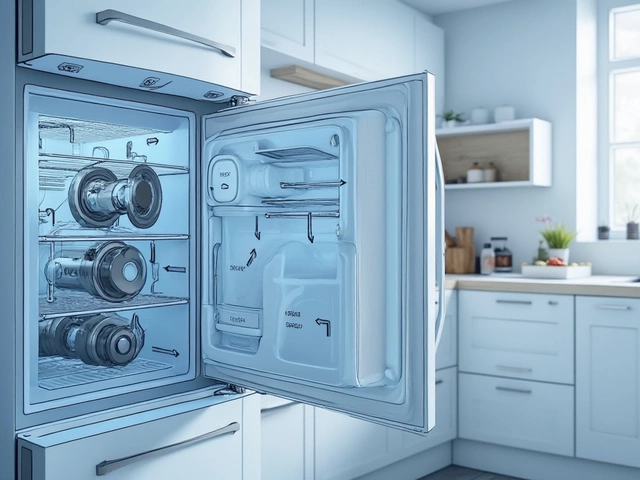Cooker Maintenance: Simple Steps to Keep Your Oven and Hob Working
If your cooker is acting up, a quick check‑up can save you a call‑out and a big bill. Most problems start with neglect, not a broken part. By doing a few easy tasks each month you’ll keep the heat even, the door sealing tight, and the hob looking like new.
Everyday Care for Your Oven
Start with the door seal. A cracked gasket lets heat escape, making the oven work harder and driving up your energy bill. Pull it gently; if it’s brittle or misshapen, replace it before you bake the next cake.
Next, clean the interior. Skip the harsh chemicals – a mix of water, vinegar and a splash of baking soda cuts grease without damaging the coating. Wipe the walls, the bottom tray, and especially the heating elements. If you notice black spots on the elements, they’re probably burnt residues that will cause uneven baking.
Don’t forget the thermostat. Many ovens have a removable temperature probe. Give it a quick visual check for corrosion, and make sure the wiring isn’t loose. If your oven takes longer than usual to pre‑heat, the probe may need a professional test.
Look After Your Hob and Extractor Fan
Glass or ceramic hobs are easy to love and easy to damage. Any spill should be wiped up while it’s still warm – a cool surface makes the mess hard to scrape off. For stubborn stains, use a non‑abrasive scrub pad and a little baking soda paste. Never pour boiling water directly onto the surface; the rapid temperature change can cause cracks.
Check the burner caps and rings on gas hobs. They can become clogged with food particles, leading to uneven flames. Remove them, soak in soapy water, and rinse well before reinstalling.
The extractor fan above your cooker does more than clear smells. A clogged filter reduces airflow, forces the fan motor to work harder, and can lead to overheating. Clean the filter monthly by soaking it in hot soapy water, then rinse and dry before putting it back.
When should you call a pro? If you hear rattling from the oven door, see sparks on the heating element, or notice the hob won’t heat at all, stop using it and book a repair. Trying to fix electrical parts without the right tools can be dangerous.
Finally, schedule a yearly service. A qualified technician can inspect wiring, test safety devices, and tighten any loose bolts. Regular service catches hidden wear before it turns into a shutdown, extending the life of your cooker by years.
Keep these quick checks in mind, and your cooker will stay reliable, efficient, and ready for every meal you plan.






